Motherhood brings with it a myriad of questions, including dietary choices. One common query is whether a breastfeeding mother can consume the vibrant and flavorful drink known as zobo. This exploration delves into zobo, its nutritional components, and its effect on nursing mothers.
What is zobo?
Zobo, also known as hibiscus tea, is a widely recognised beverage with origins in Nigeria. Crafted from dried Roselle leaves or Hibiscus sabdariffa leaves, zobo is commonly viewed as a satisfying drink. However, its benefits extend beyond being a mere stomach-filling beverage for many.
Nutritional components of zobo
Zobo has a wealth of nutrients, including carbohydrates, fibre, ash, and vitamins A and C. They also contain essential minerals such as potassium, magnesium, sodium, calcium, iron and bioactive compounds like organic acids, anthocyanins, flavonoids, and phenolic acids. Zobo is caffeine-free and low in calories.
Health benefits of zobo
The nutritional components of zobo contribute to its potential health benefits, including:
- Rich in antioxidants: Zobo is packed with antioxidants, including anthocyanins and flavonoids, which help combat oxidative stress in the body.
- Vitamin C boost: Zobo contains vitamin C, contributing to immune system support and overall health.
- Mineral enrichment: With minerals like potassium, magnesium, sodium, calcium, and iron, zobo provides essential elements vital for various bodily functions.
- Heart health: The antioxidants in zobo may contribute to heart health by helping lower blood pressure and reduce the risk of cardiovascular issues.
- Digestive aid: The fibre content in zobo may support digestive health by promoting regular bowel movements and aiding in overall digestive processes.
- Hydration: Zobo serves as a refreshing and hydrating beverage, supporting proper fluid balance in the body.
- Potential anti-inflammatory properties: Bioactive compounds in zobo, such as phenolic acids, may have anti-inflammatory effects, contributing to overall well-being.
- Natural diuretic: The potassium content and diuretic properties may assist in maintaining healthy fluid balance and kidney function.
- Weight management: Zobo can be a satisfying and low-calorie beverage with few calories, potentially supporting weight management goals.
- Microbial defence: The components in zobo may create an environment that deters microbial proliferation, contributing to improved hygiene and health.
Can a nursing mother drink zobo?
The safety of consuming zobo during breastfeeding remains uncertain due to limited research on the topic. Zobo has been categorised as a galactagogue, known for promoting milk flow in mothers.
It's essential to note that more comprehensive research is necessary to fully understand the impact of hibiscus tea and other galactagogues on breastfeeding mothers. Due to the lack of conclusive evidence, consult your healthcare provider before incorporating zobo into your diet.
Side effects of drinking zobo during breastfeeding
Hibiscus flowers exhibit significant allergenic properties. If you experience allergies, it is best to avoid zobo. In the absence of an allergy tendency, diligently observe your baby after breastfeeding. Hibiscus allergens can be transmitted to the baby through breast milk, potentially triggering a hypersensitivity reaction.
Adverse reactions may manifest as:
- Skin rashes
- Redness
- Decreased appetite
- Increased fussiness and constant crying in the child
- Potential digestive disturbances, including flatulence, intestinal colic, and dysbiosis, mainly if you excessively consume this drink.
How to make zobo
Ingredients:
- 3 cups dried hibiscus leaves (zobo leaves)
- 2-3 fingers of ginger
- 1 tbsp cloves
- Flavors and sweeteners
- 4 liters of water
Preparation:
Wash the zobo leaves and cook them with 3 litres of water.
Boil the leaves before adding your pounded or blended ginger and cloves.
Cook for an additional ten to fifteen minutes, tasting for any sourness.
Allow it to cool, filter, and add any pineapple flavour. Start with half a teaspoon, refrigerate, and observe sweetness levels.
Zobo can be a delightful addition to your diet, offering flavour and potential health benefits. Moderation and awareness of individual reactions are crucial to maintaining a harmonious balance between enjoyment and well-being.
Frequently Asked Questions (FAQs)
- Will drinking zobo affect my breastfed baby?
Zobo is unlikely to adversely affect your breastfed baby when consumed in moderation. However, being mindful of the ingredients and your baby's reactions is essential.
- Does zobo cause colic in babies?
Excessive consumption of zobo, particularly if it contains strong spices like ginger, may contribute to colic in some babies. Observing your baby's response and adjusting your intake is advisable.
- Can I add sugar to my zobo when breastfeeding?
Add a minimal amount of sugar to your soho to prevent diarrhoea.


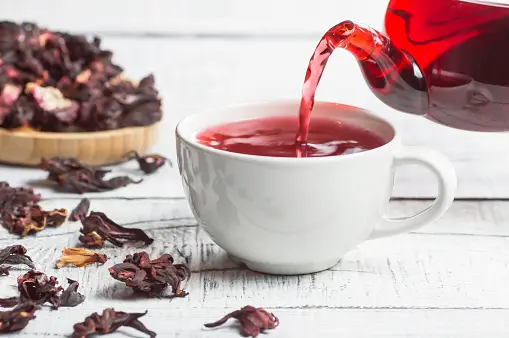



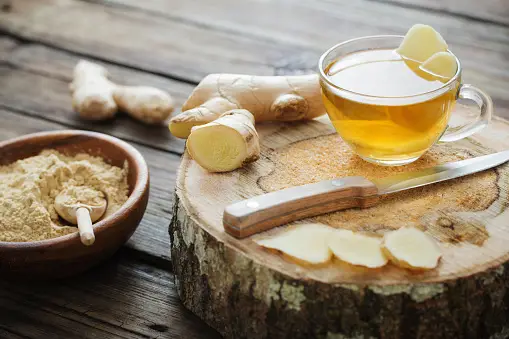
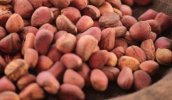
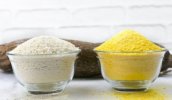
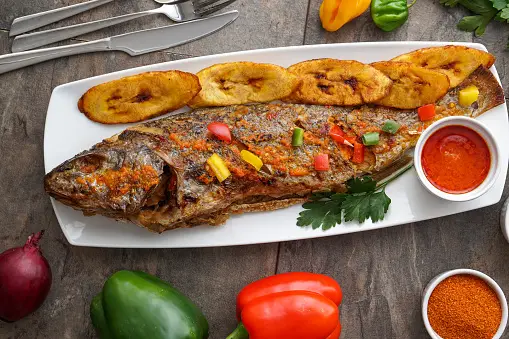
Comments